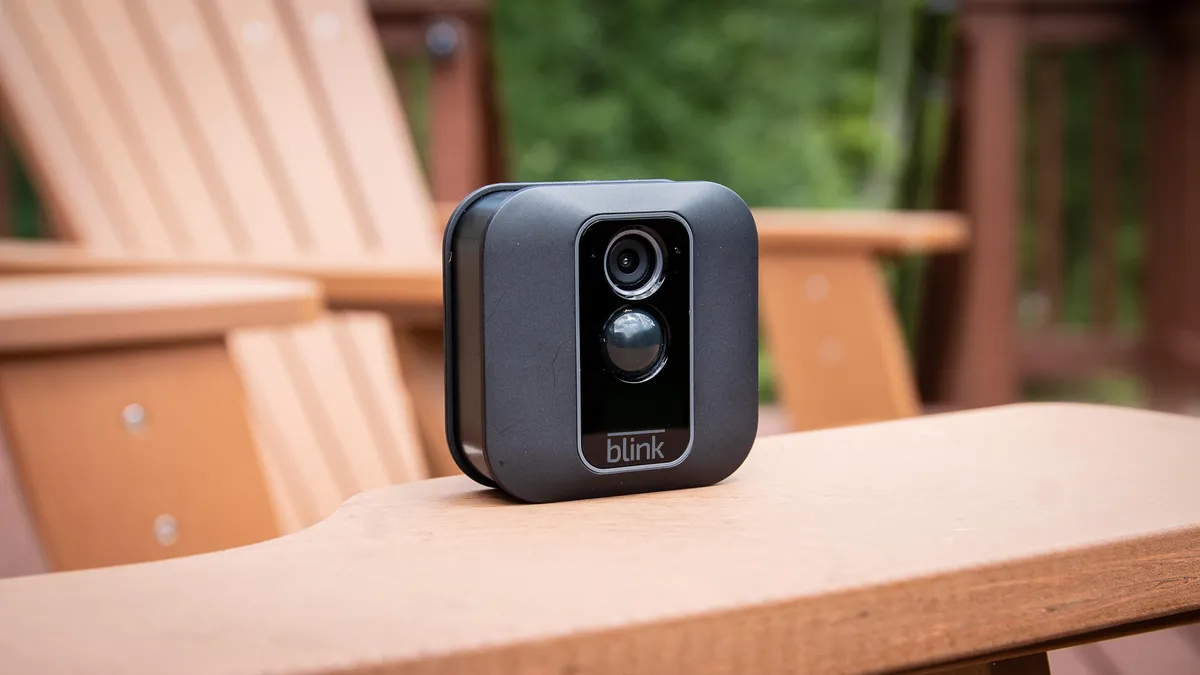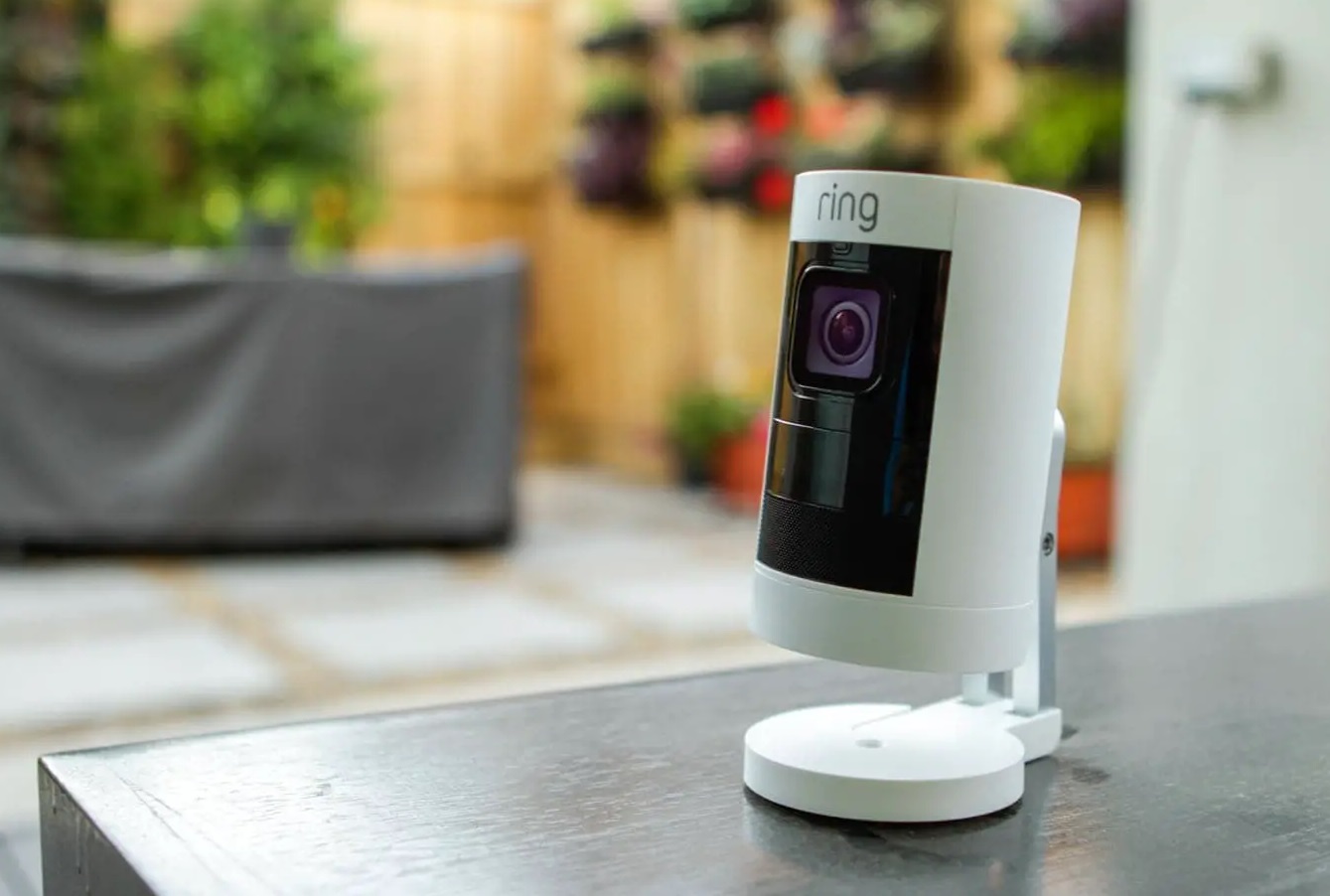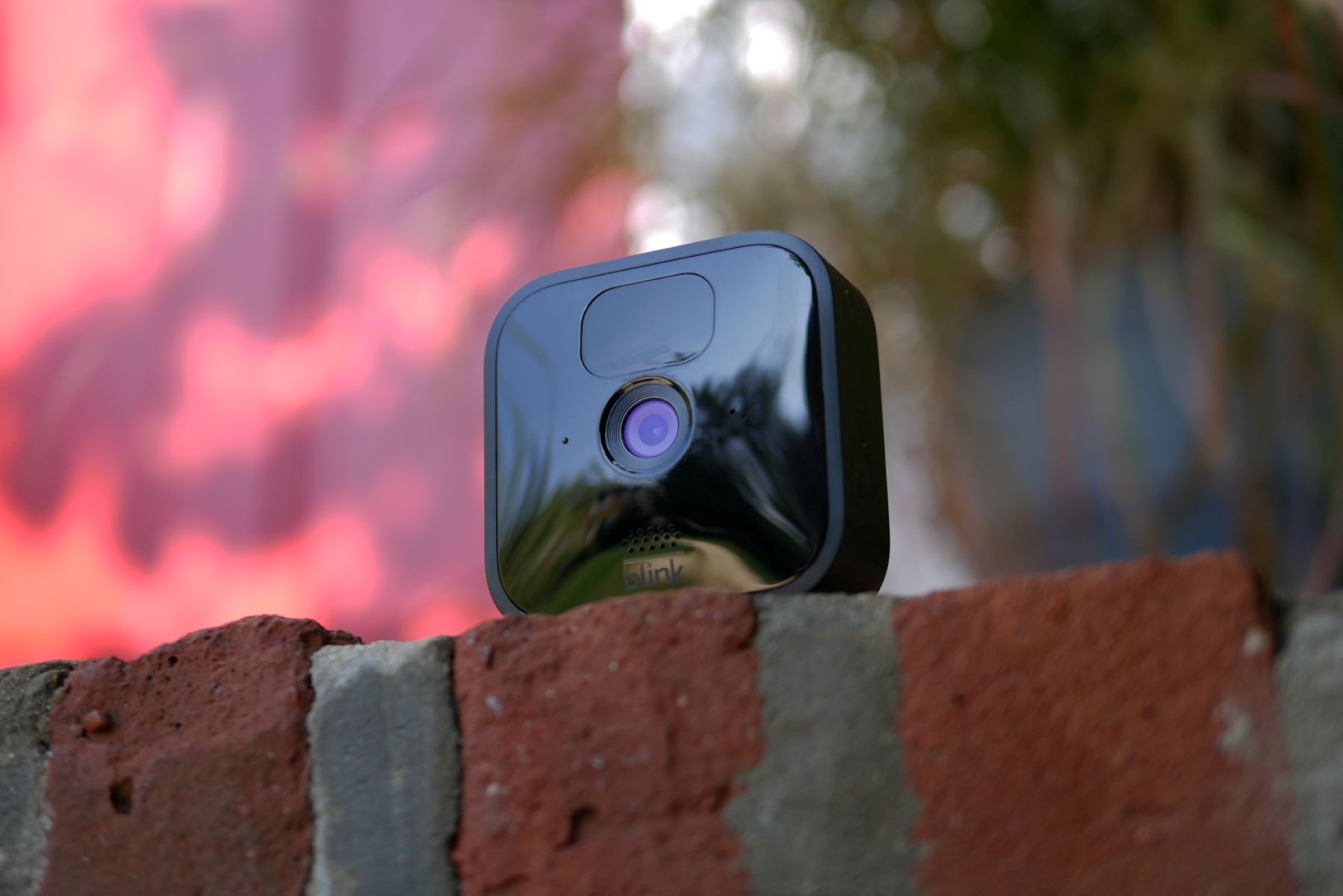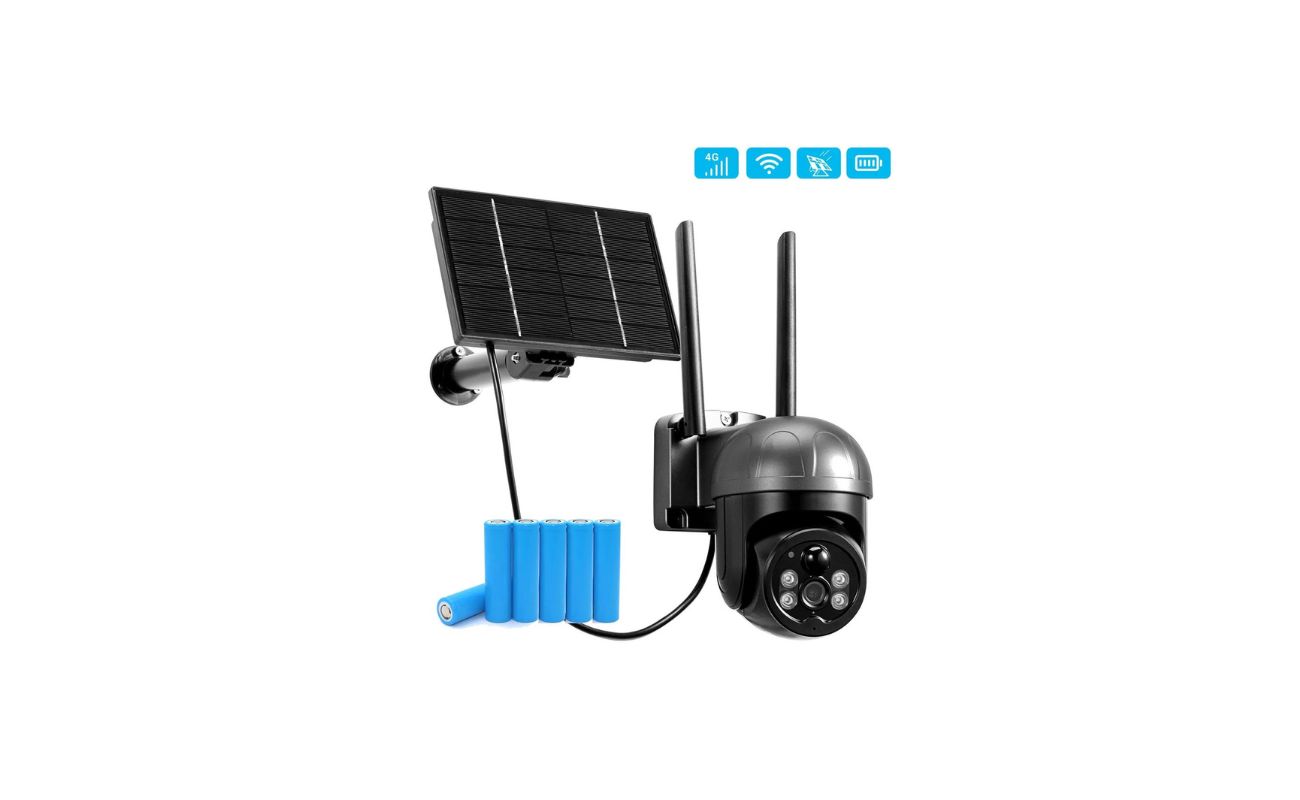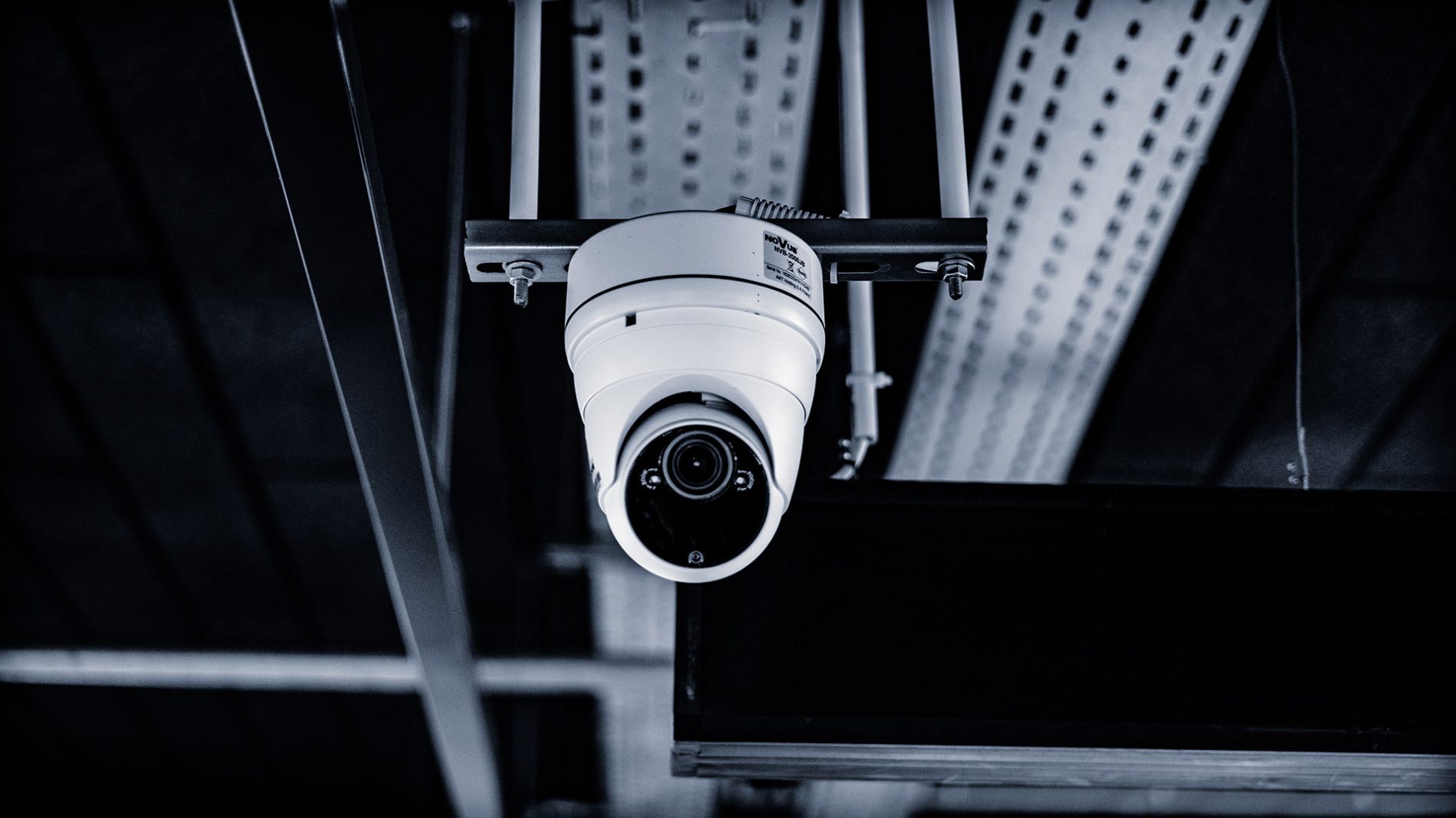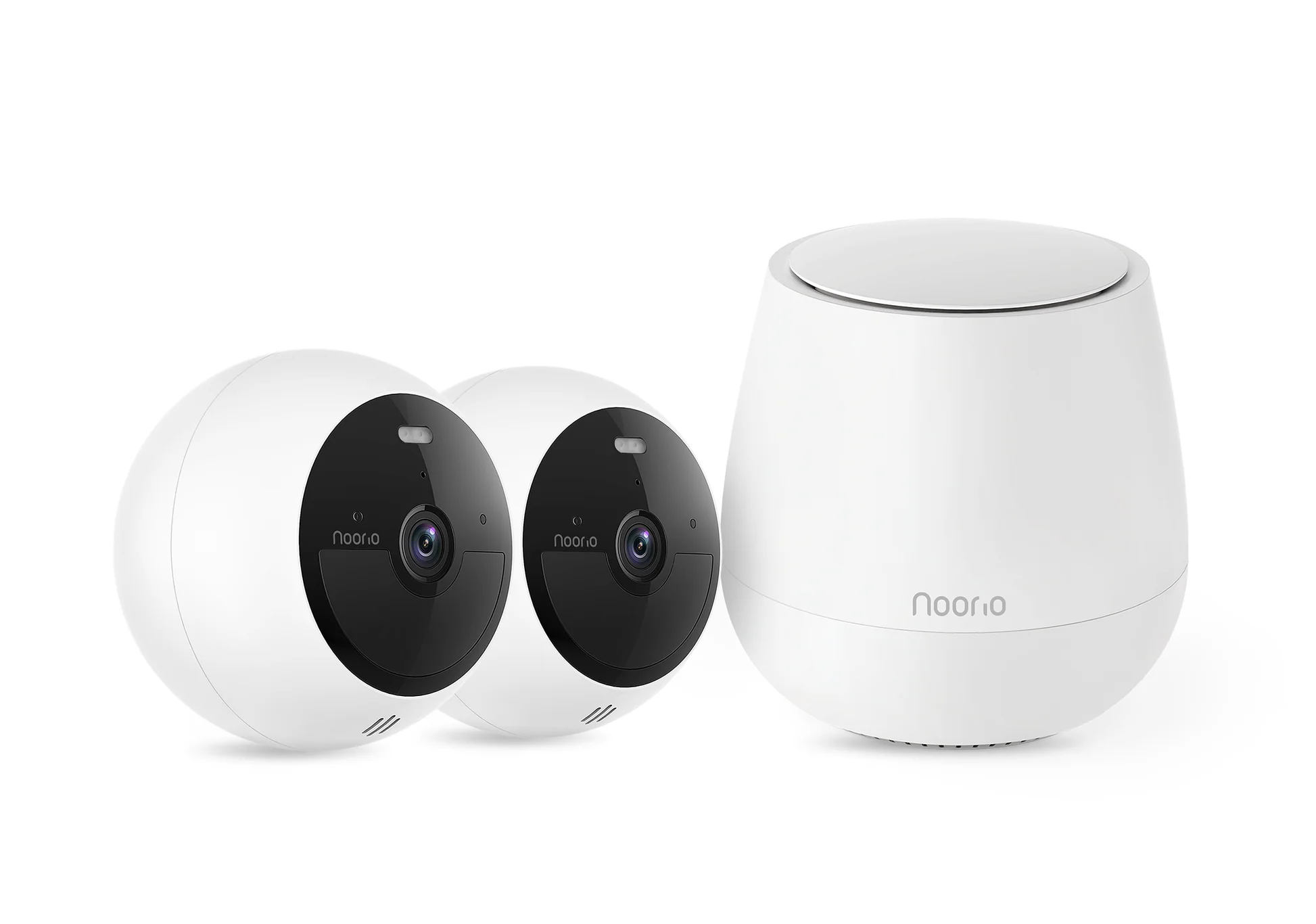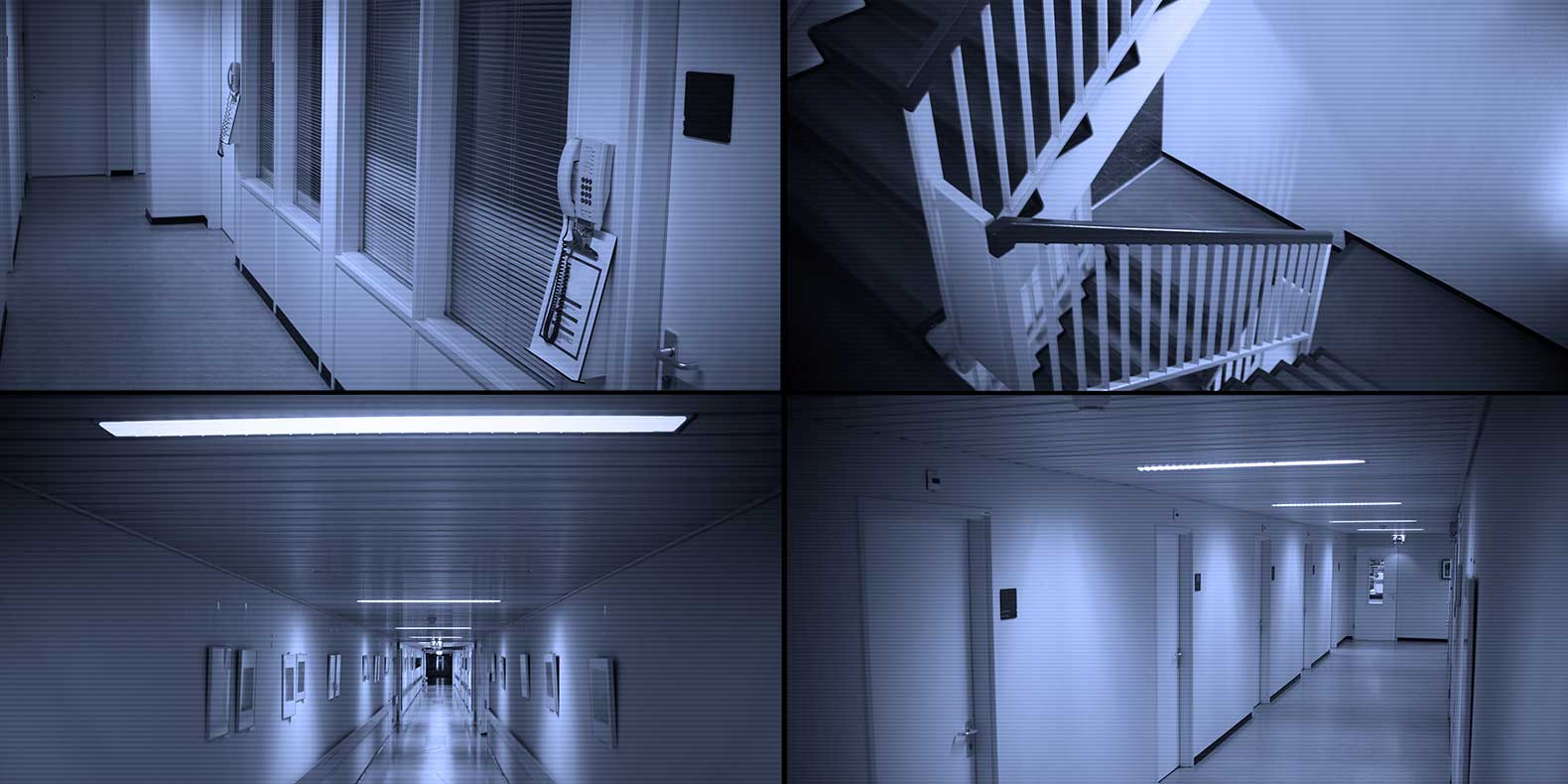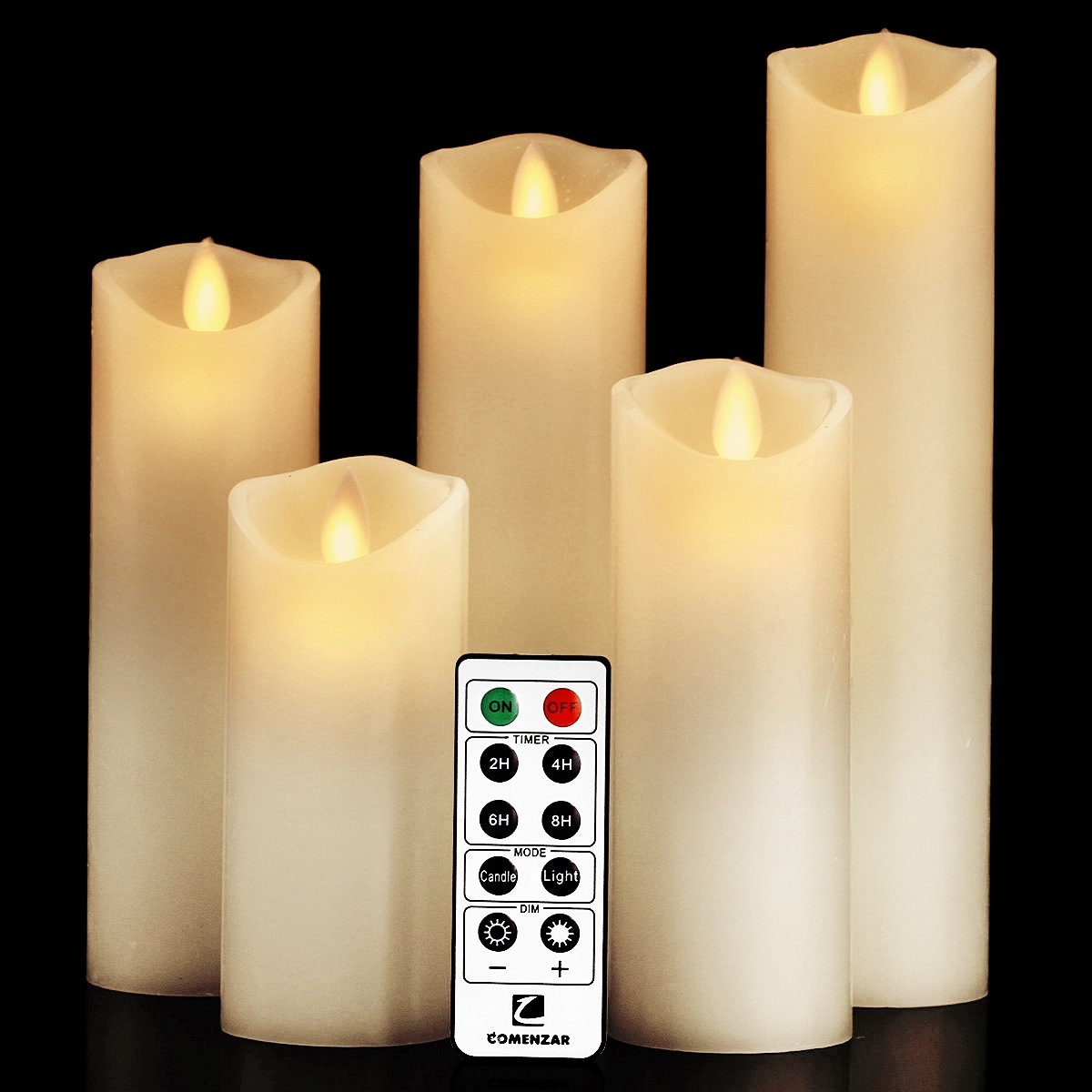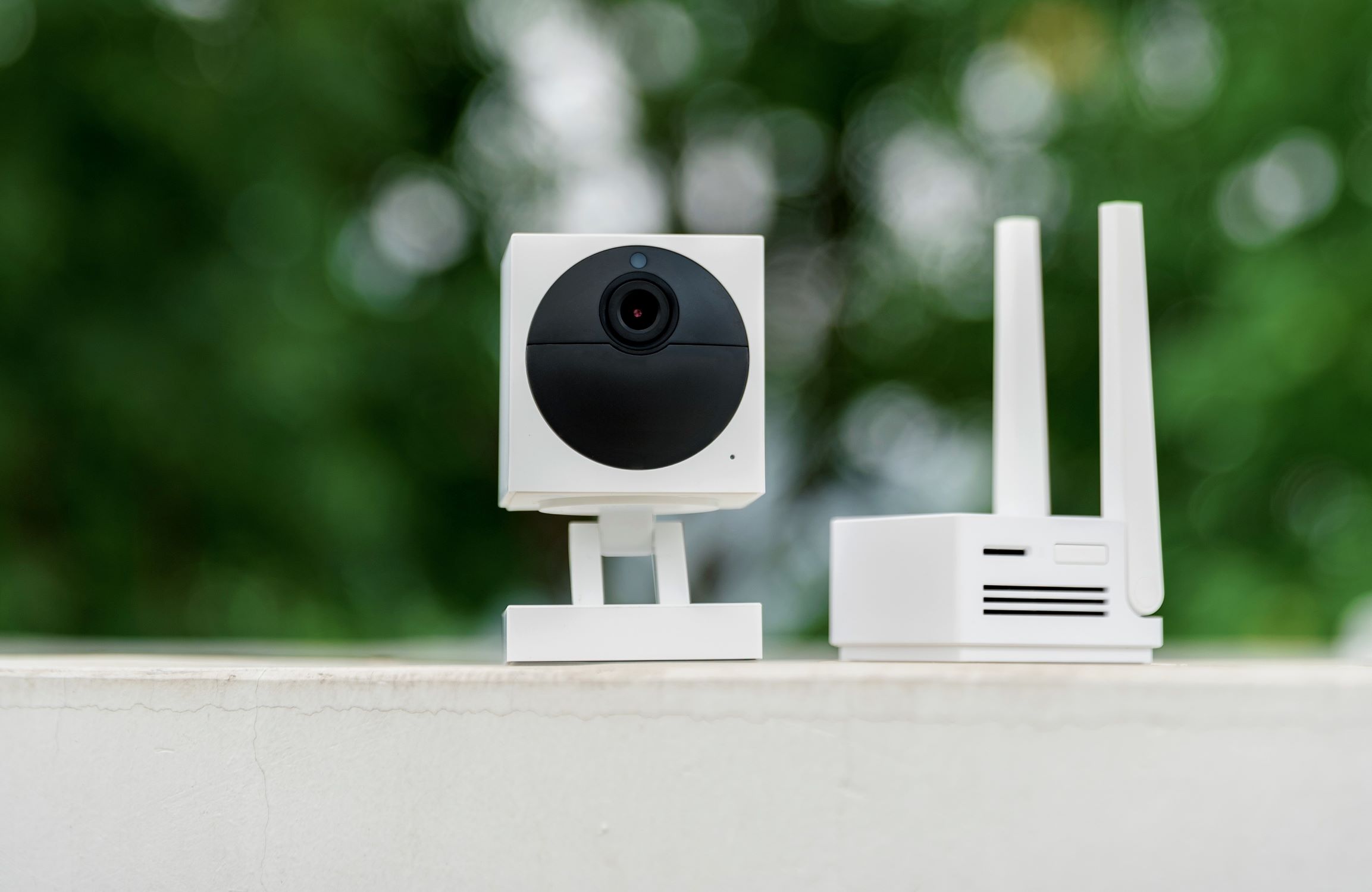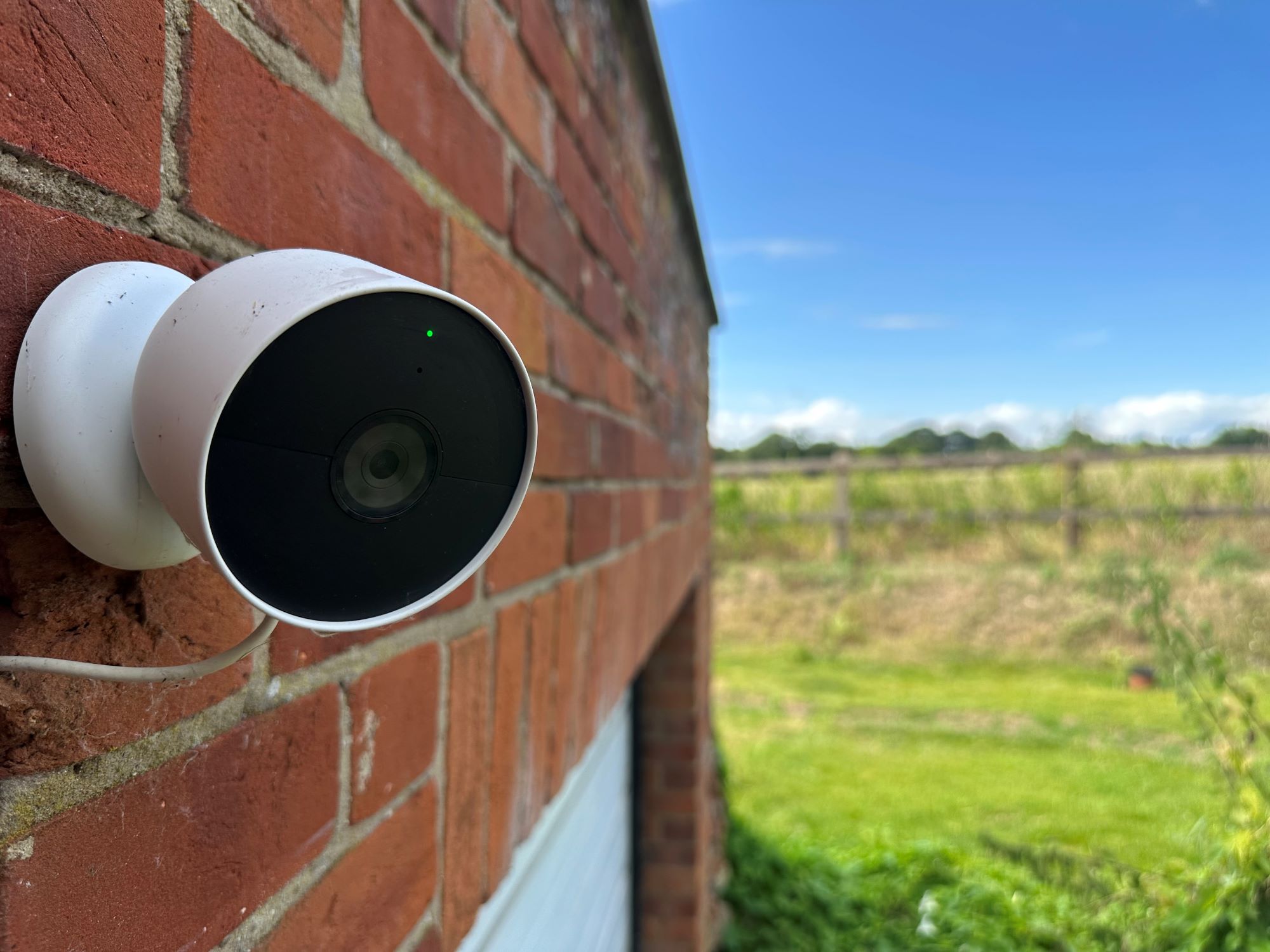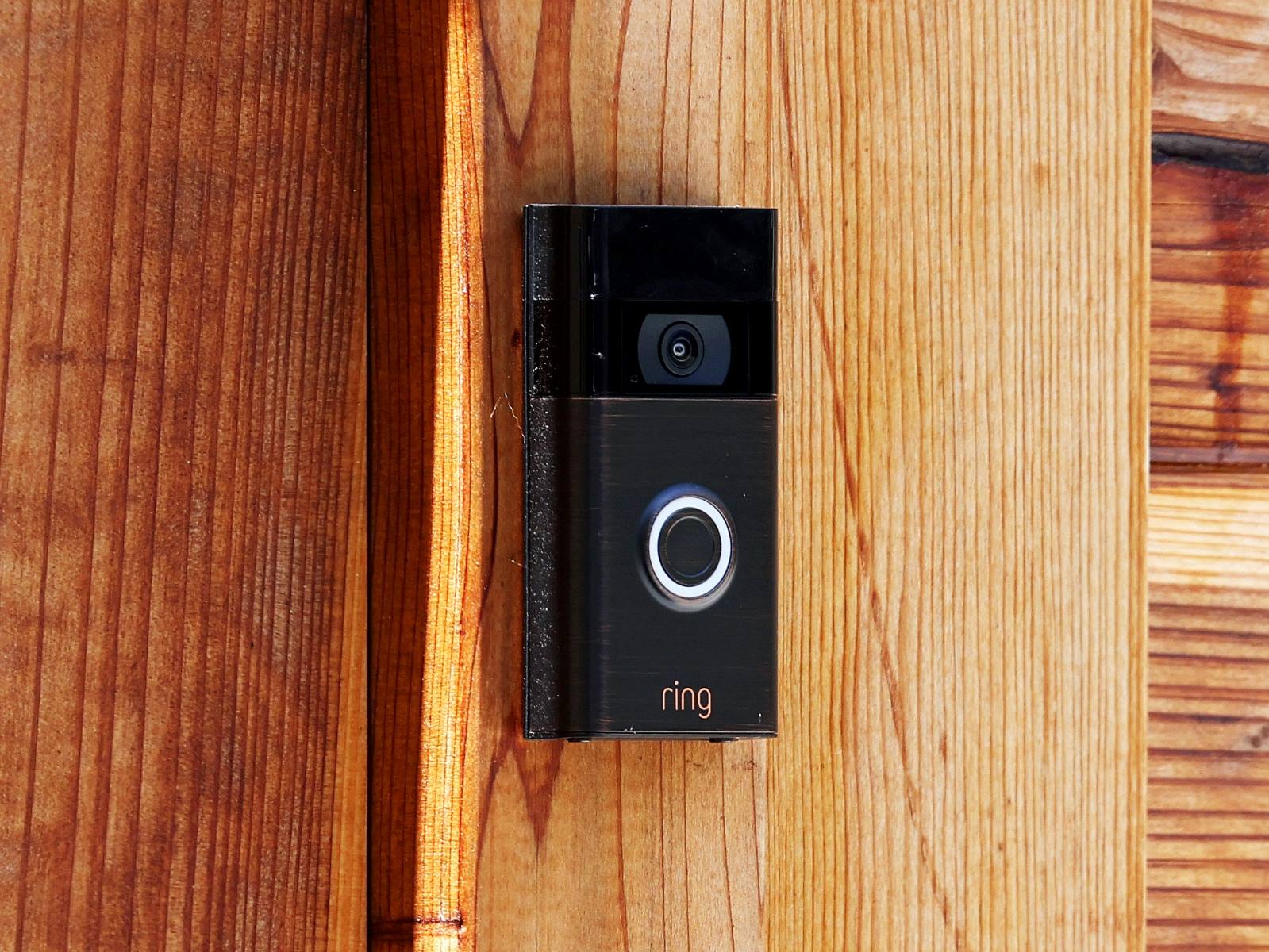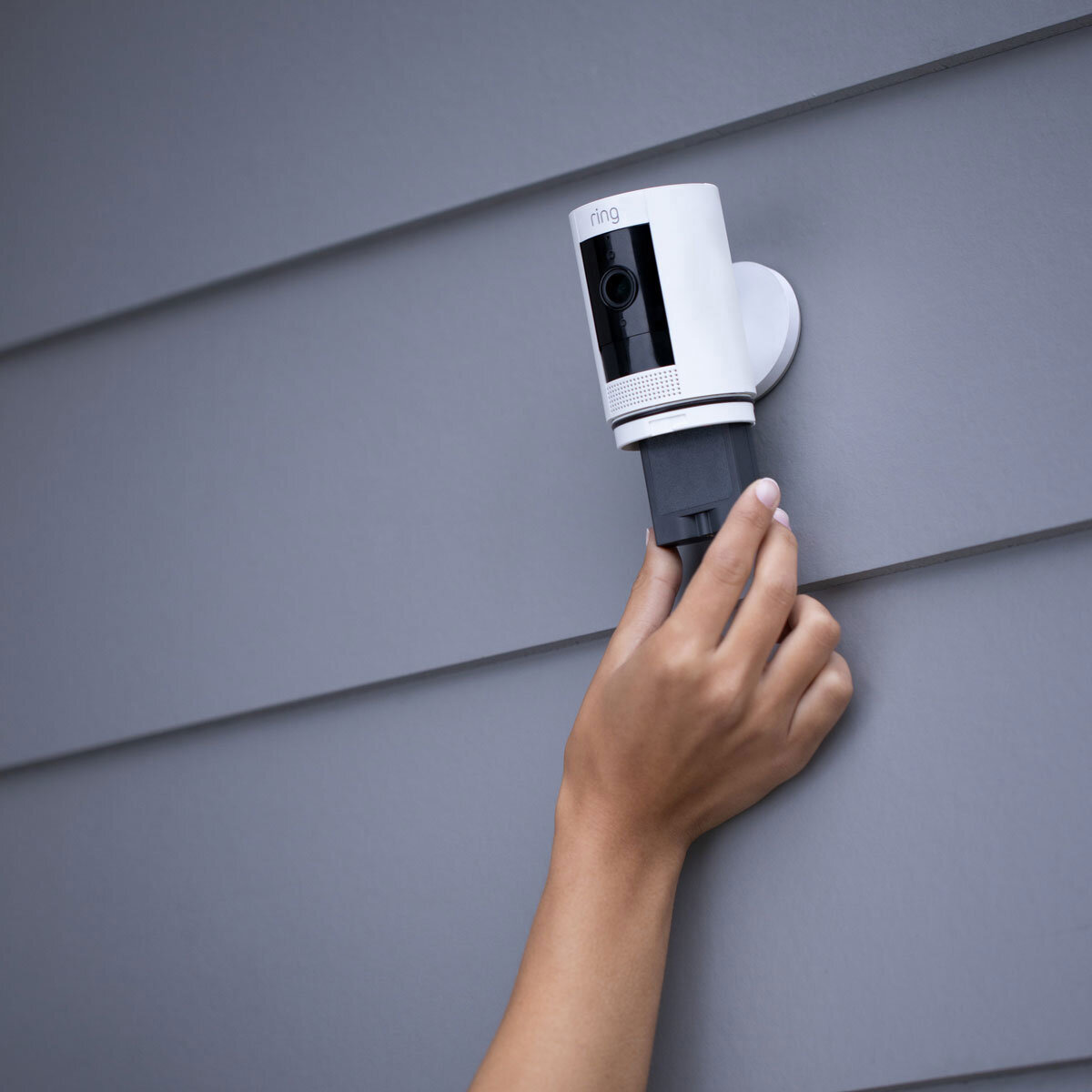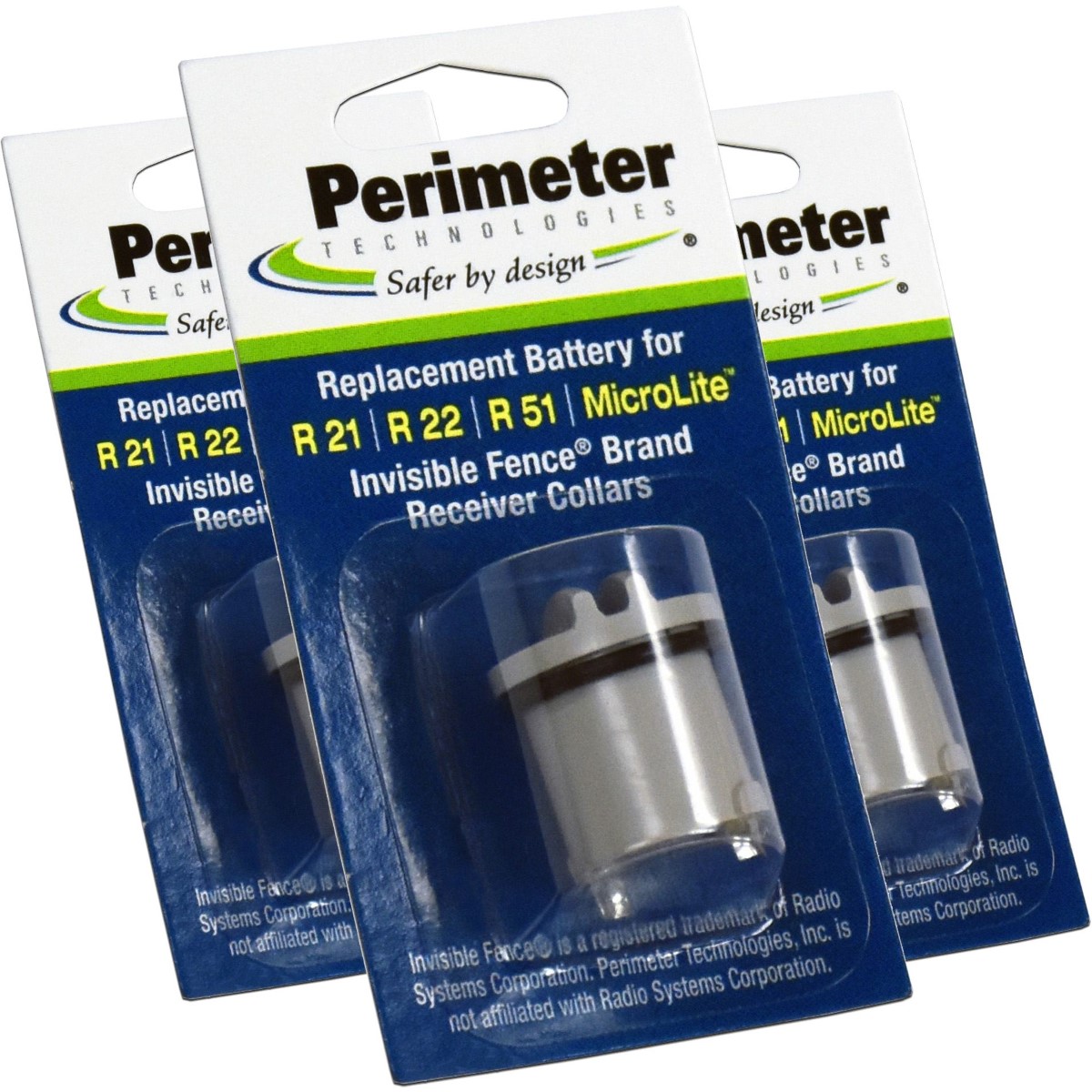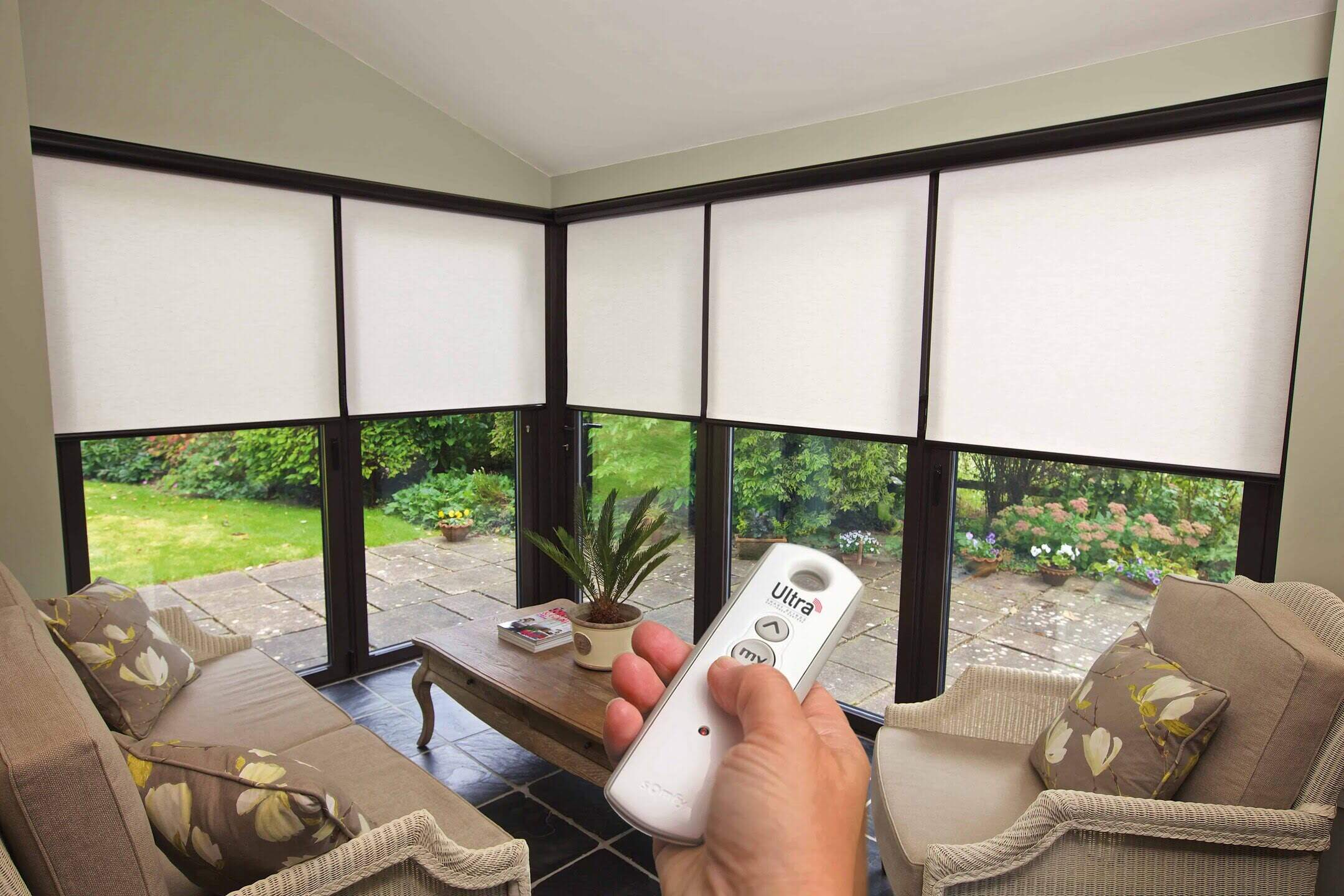Home>Home Security and Surveillance>How Long Do Wireless Security Camera Batteries Last
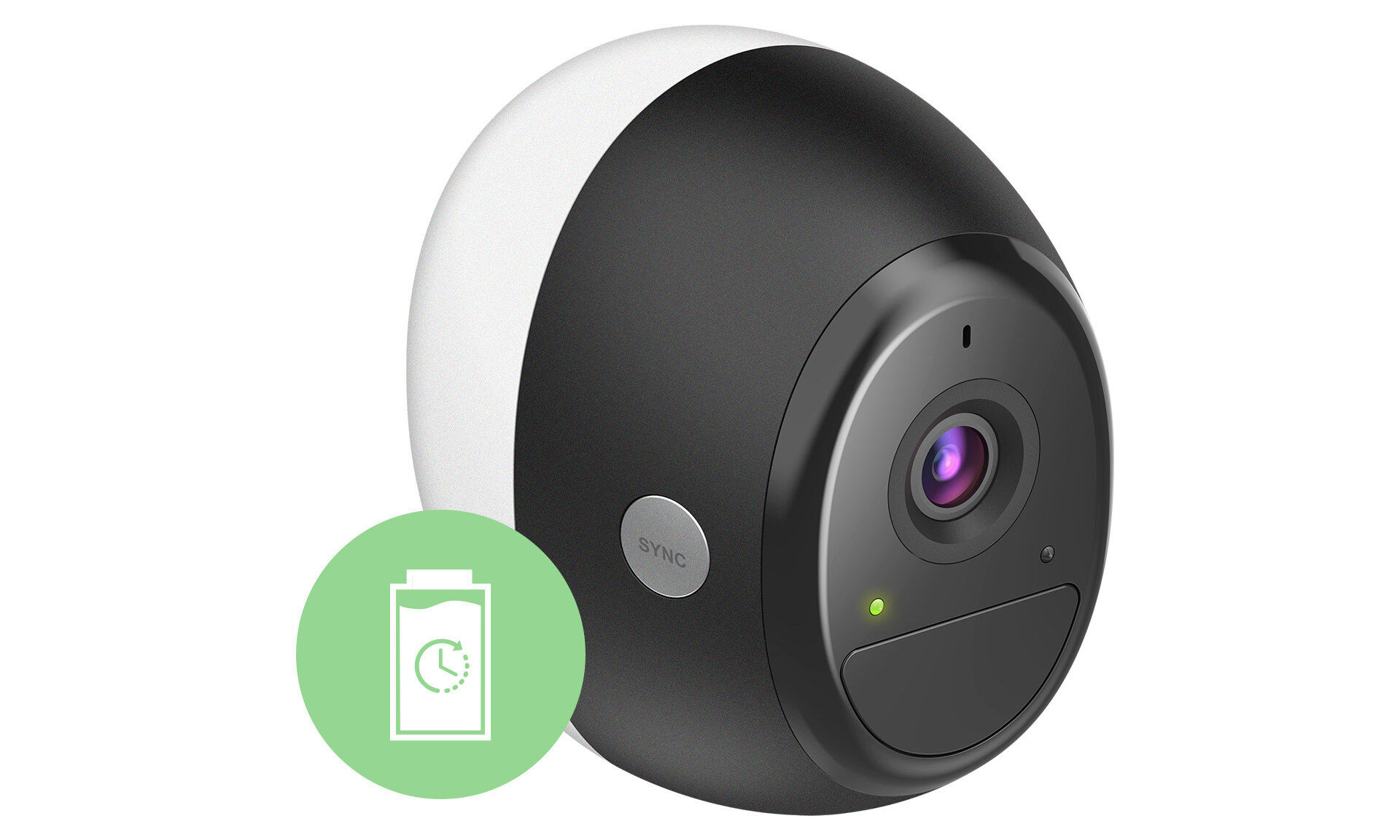

Home Security and Surveillance
How Long Do Wireless Security Camera Batteries Last
Modified: March 6, 2024
Find out how long wireless security camera batteries can last for home security and surveillance purposes and keep your property protected.
(Many of the links in this article redirect to a specific reviewed product. Your purchase of these products through affiliate links helps to generate commission for Storables.com, at no extra cost. Learn more)
Introduction
Welcome to the world of home security and surveillance! With advancements in technology, protecting our homes and loved ones has become easier and more convenient than ever before. One essential component of a robust home security system is a wireless security camera, which provides round-the-clock surveillance and peace of mind.
Wireless security cameras have gained popularity due to their flexibility, easy installation, and the absence of messy wires. These cameras are powered by batteries, allowing them to be placed anywhere in your home or property. However, one common concern among homeowners is the battery life of these cameras and how long they can operate before needing to be recharged or replaced.
In this article, we will delve into the factors that affect the battery life of wireless security cameras and explore the different battery life durations of various models. We will also provide useful tips on how to extend the battery life of your cameras, as well as discuss the process of replacing and charging their batteries.
So, if you’re curious about how long wireless security camera batteries last and want to learn how to optimize their performance, keep reading!
Key Takeaways:
- Maximize battery life by adjusting camera settings, strategic placement, and using motion-activated recording to ensure uninterrupted surveillance and peace of mind for your home security needs.
- Follow manufacturer’s guidelines for battery replacement and charging to maintain optimal performance of your wireless security camera, and consider spare batteries for uninterrupted monitoring.
Factors Affecting Battery Life
Several factors can impact the battery life of wireless security cameras. Understanding these factors will help you make informed decisions when purchasing and using your cameras:
- Camera Settings: The settings you choose for your wireless security camera can significantly affect its battery life. Higher resolution settings, motion detection sensitivity, and continuous recording will consume more power. It is important to find the right balance between image quality and battery usage.
- Usage Frequency: How frequently the camera is triggered or used also plays a role in battery consumption. If your camera is continuously detecting motion or streaming footage, it will drain the battery faster than if it is only activated occasionally.
- Camera Placement: The location of your wireless security camera can impact battery life. Cameras placed in areas with frequent movement or high traffic will trigger more frequently, leading to increased battery usage. Conversely, cameras in low-traffic areas may have longer battery life.
- Temperature: Extreme temperatures, whether hot or cold, can affect the performance of camera batteries. High temperatures can cause batteries to degrade faster, while freezing temperatures can reduce their overall capacity. It is advisable to check the operating temperature range specified by the manufacturer for optimal battery performance.
- Quality of the Battery: The quality and capacity of the battery itself will impact its lifespan. Higher-quality batteries with larger capacities can typically provide longer battery life and require less frequent replacement.
By considering these factors, you can make informed decisions about the camera settings, placement, and usage patterns that will optimize battery life.
Battery Life of Different Wireless Security Cameras
The battery life of wireless security cameras can vary significantly depending on the make and model. While some cameras may last a few months on a single charge, others can operate for years without the need for battery replacement. Here are some examples of the battery life durations for different wireless security cameras:
- Camera A: This particular wireless security camera boasts an impressive battery life of up to six months. It is equipped with efficient power-saving features and optimized for motion-triggered recording. It also has adjustable settings to customize the sensitivity and recording duration, which can further extend the battery life.
- Camera B: With advanced technology and a high-capacity battery, Camera B can last up to twelve months on a single charge. It is designed for continuous recording and provides excellent video quality day and night. The camera also has intelligent power management to conserve energy when not in use.
- Camera C: This wireless security camera offers a battery life of around three to four months. It is equipped with advanced motion detection technology and has the ability to send real-time notifications to your phone when movement is detected. It also supports cloud storage, allowing you to access and review recorded footage remotely.
- Camera D: For those looking for a long-lasting battery, Camera D is a great choice with a battery life of up to two years. This camera is designed for outdoor use and is weatherproof and tamper-resistant. It provides high-definition video footage and has a built-in rechargeable battery for added convenience.
It is important to note that these are just a few examples, and there are numerous wireless security camera models available in the market, each with their own unique battery life specifications. When choosing a camera, ensure that you consider your specific needs, such as the desired recording duration and the frequency of camera usage.
Remember, the advertised battery life is an approximation and can vary based on usage patterns and other factors discussed earlier. Regularly monitoring your camera’s battery levels and optimizing its settings can maximize its lifespan and minimize the frequency of replacement or recharging.
To extend the battery life of your wireless security camera, consider adjusting the motion detection sensitivity, reducing the frequency of alerts, and placing the camera in an area with less activity. Regularly check and clean the camera lens to ensure optimal performance.
Tips to Extend Battery Life
If you want to get the most out of your wireless security camera’s battery life, consider the following tips and best practices:
- Optimize Camera Settings: Adjust the camera settings to strike a balance between performance and battery life. Lowering the resolution, reducing the motion detection sensitivity, and enabling power-saving features can significantly extend battery life.
- Position the Camera Strategically: Proper camera placement is crucial for maximizing battery life. Install your camera in an area where it will capture the desired coverage without unnecessary triggers. Avoid positioning it in direct sunlight, as excessive heat can degrade the battery performance.
- Use Motion-Activated Recording: Instead of continuous recording, opt for motion-activated recording. This way, the camera will only start recording when it detects movement, conserving battery power during periods of inactivity.
- Reduce Live Streaming: Minimize the use of live streaming unless necessary. Streaming video in real-time consumes a significant amount of power. Instead, rely on motion-triggered recordings and access saved footage when needed.
- Invest in a Solar Panel: If your camera supports it, consider getting a solar panel charger. This allows the camera to harness solar energy to recharge the battery, providing a sustainable and continuous power source.
- Regularly Update Firmware: Stay up to date with firmware updates provided by the camera manufacturer. These updates often include bug fixes, performance improvements, and power optimization features.
- Check Battery Levels: Periodically monitor the battery levels of your wireless security camera to ensure they are not running critically low. This will give you ample time to recharge or replace the battery as needed.
By implementing these tips, you can extend the battery life of your wireless security camera and minimize the need for frequent recharging or replacement. Remember that different cameras may have specific energy-saving features, so familiarize yourself with the user manual and manufacturer recommendations for optimal battery performance.
Replacing and Charging Batteries
Eventually, the batteries of your wireless security camera will need to be replaced or recharged. Here are some important considerations regarding the battery replacement and charging process:
- Check the Manufacturer’s Instructions: Before attempting to replace or charge the batteries, carefully read the manufacturer’s instructions and guidelines specific to your camera model. This will ensure that you follow the correct procedure and avoid any potential damage.
- Identify the Battery Type: Determine the type of battery used by your camera. It could be rechargeable or non-rechargeable batteries, such as lithium-ion or AA batteries. Knowing the battery type will help you make informed decisions when replacing or recharging them.
- Rechargeable Batteries: If your camera uses rechargeable batteries, you can remove them from the camera and charge them using the designated charger provided by the manufacturer. Follow the recommended charging time and guidelines to prevent overcharging, which can reduce the battery life.
- Non-Rechargeable Batteries: For cameras that use non-rechargeable batteries, such as AA batteries, replace them with fresh batteries when the existing ones are depleted. Make sure to correctly install the new batteries, following the polarity indicated by the manufacturer.
- Maintain a Spare Battery: To minimize interruptions in camera operation, it is a good idea to have spare batteries readily available. This way, you can quickly replace the depleted batteries and continue with uninterrupted surveillance.
- Dispose of Batteries Correctly: When replacing batteries, make sure to dispose of the old batteries in an environmentally-friendly manner. Check local regulations for proper battery disposal methods to avoid any harm to the environment.
Remember to consult the camera’s user manual or contact the manufacturer for specific instructions on replacing or recharging batteries. Following the proper procedures will ensure the longevity and optimal performance of your wireless security camera.
Conclusion
Wireless security cameras have revolutionized home security and surveillance, providing convenience, flexibility, and peace of mind to homeowners. Understanding the factors that affect battery life and implementing strategies to optimize it is crucial for uninterrupted monitoring of your property.
By considering factors like camera settings, usage frequency, placement, temperature, and battery quality, you can make informed decisions to maximize the battery life of your wireless security camera. Additionally, following tips such as optimizing camera settings, strategic camera placement, motion-activated recording, and reducing live streaming can further extend battery life.
When it comes time to replace or recharge the batteries, it is important to follow the manufacturer’s instructions and guidelines specific to your camera model. Take into consideration the battery type and whether it is rechargeable or non-rechargeable.
While each wireless security camera model may have different battery life durations, it is essential to choose one that aligns with your specific needs and expectations. Regularly monitoring battery levels and being prepared with spare batteries can help minimize interruptions in camera operation.
Remember, the longevity of your wireless security camera’s batteries ultimately depends on how you use and maintain them. By implementing the recommendations and best practices outlined in this article, you can optimize battery life and ensure that your home remains secure and protected.
So, go ahead and make the most of your wireless security camera’s battery life, knowing that you have taken the necessary steps to enhance both its performance and your overall home security experience.
Frequently Asked Questions about How Long Do Wireless Security Camera Batteries Last
Was this page helpful?
At Storables.com, we guarantee accurate and reliable information. Our content, validated by Expert Board Contributors, is crafted following stringent Editorial Policies. We're committed to providing you with well-researched, expert-backed insights for all your informational needs.
